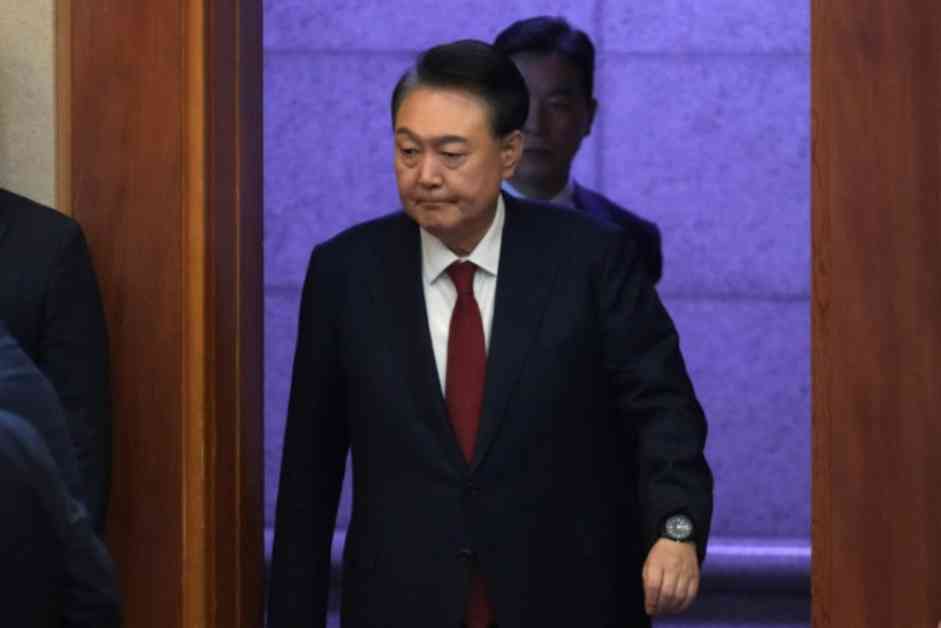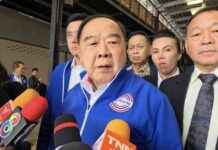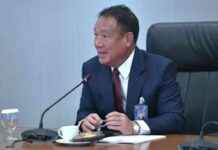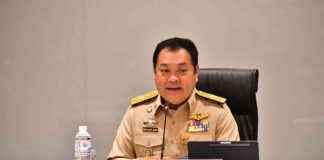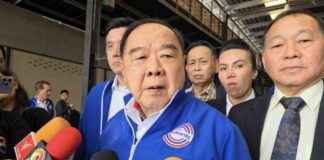Former South Korean President Yoon Suk Yeol made headlines when he declared martial law in the country, suspending civilian rule and causing political turmoil. Blaming the opposition for his drastic decision, Yoon faced impeachment and insurrection charges. Let’s dive deeper into the events that led to this unprecedented situation and the possible outcomes that lie ahead.
Yoon’s Martial Law Declaration
Yoon Suk Yeol, a former prosecutor turned president, shocked the nation by declaring martial law on December 3, disrupting the democratic process and sending soldiers to the parliament. His attempt to seize control of the government only lasted six hours as the opposition-led parliament swiftly rejected the declaration and later impeached him for his actions. This marked a significant moment in South Korean political history, with Yoon becoming the first sitting head of state to be arrested on insurrection charges.
Yoon’s justification for imposing martial law was his belief that the opposition was plotting to undermine his government. He accused them of disrespect and malice, pointing to their refusal to applaud him during a parliamentary speech and their avoidance of shaking his hand. These actions, according to Yoon, revealed the opposition’s intent to dismantle his administration, leading to his drastic measure of suspending civilian rule.
The Impeachment Trial and Future Prospects
Yoon’s impeachment trial has been a focal point of national attention, with the Constitutional Court tasked with determining the validity of his removal from office. The court hearings have delved into the constitutional implications of Yoon’s martial law declaration, scrutinizing whether it was a justified response to perceived threats or an abuse of power. The upcoming hearing, scheduled for Thursday, is expected to be the final step before a decision is made on Yoon’s fate.
The possibility of upholding Yoon’s impeachment would trigger a new presidential election within 60 days, paving the way for a fresh chapter in South Korea’s political landscape. The country’s future leadership hangs in the balance as the legal proceedings against Yoon unfold, with potential implications for the stability and governance of the nation.
As Yoon faces the consequences of his actions, including criminal trials on insurrection charges that carry severe penalties, South Korea grapples with the aftermath of a tumultuous period in its history. The outcome of the impeachment trial and the subsequent legal proceedings will shape the trajectory of the country and its democratic principles moving forward.
In conclusion, Yoon Suk Yeol’s declaration of martial law and subsequent impeachment have thrust South Korea into uncharted territory, testing the resilience of its democratic institutions and the accountability of its leaders. The events surrounding Yoon’s tenure as president serve as a stark reminder of the delicate balance between power and governance in a democracy, highlighting the importance of upholding constitutional norms and respecting the rule of law. As the nation awaits the final verdict on Yoon’s impeachment, the implications of this unprecedented political crisis reverberate throughout South Korean society, raising questions about the future of its leadership and the strength of its democratic values.
